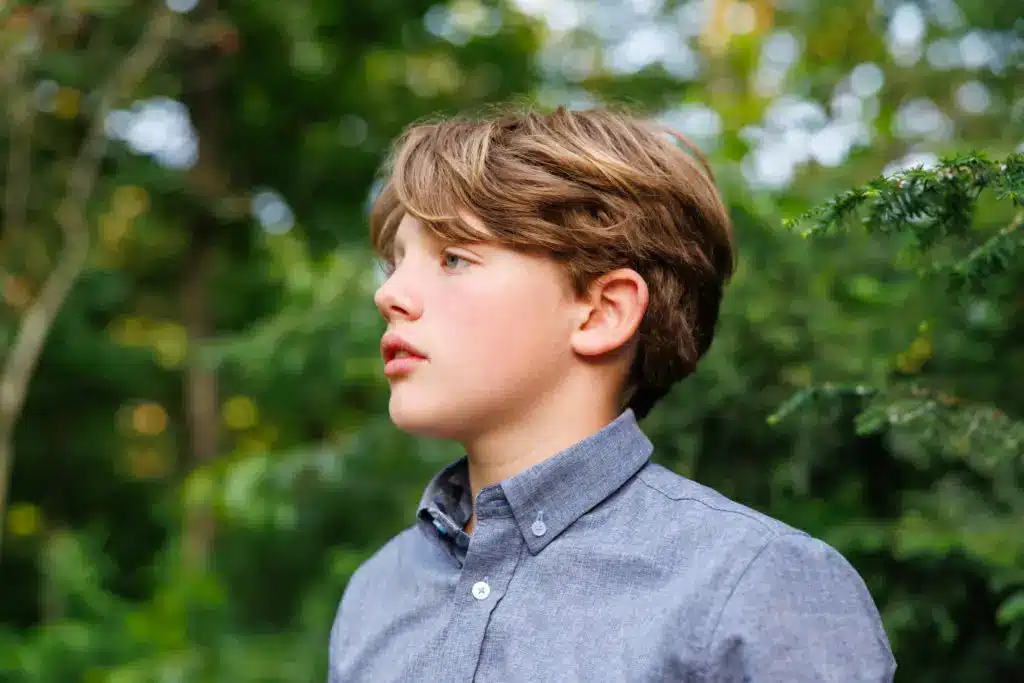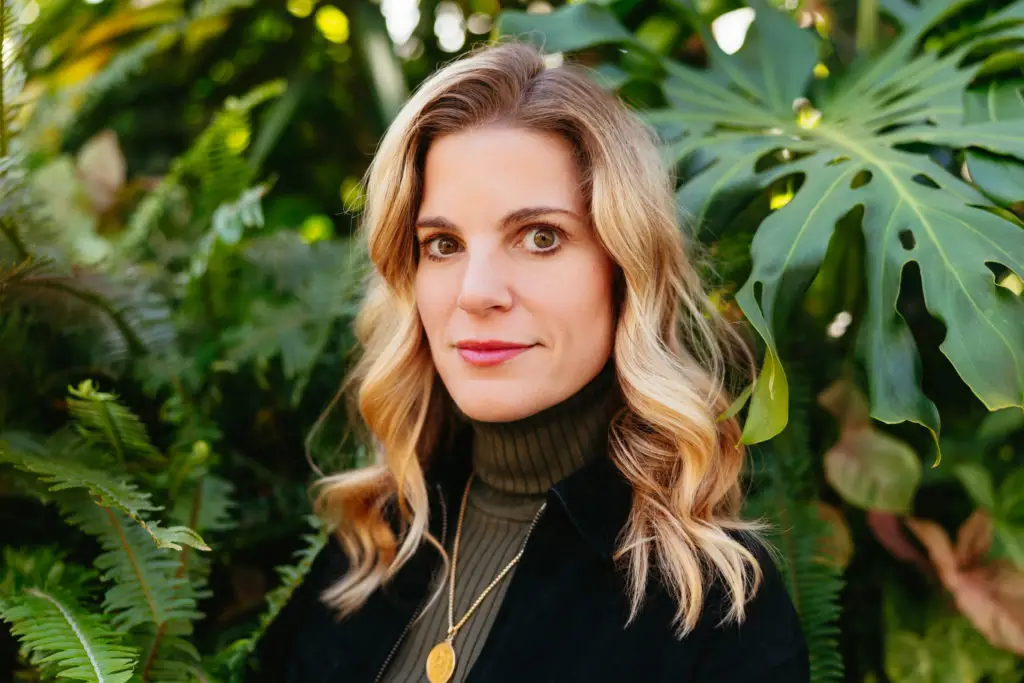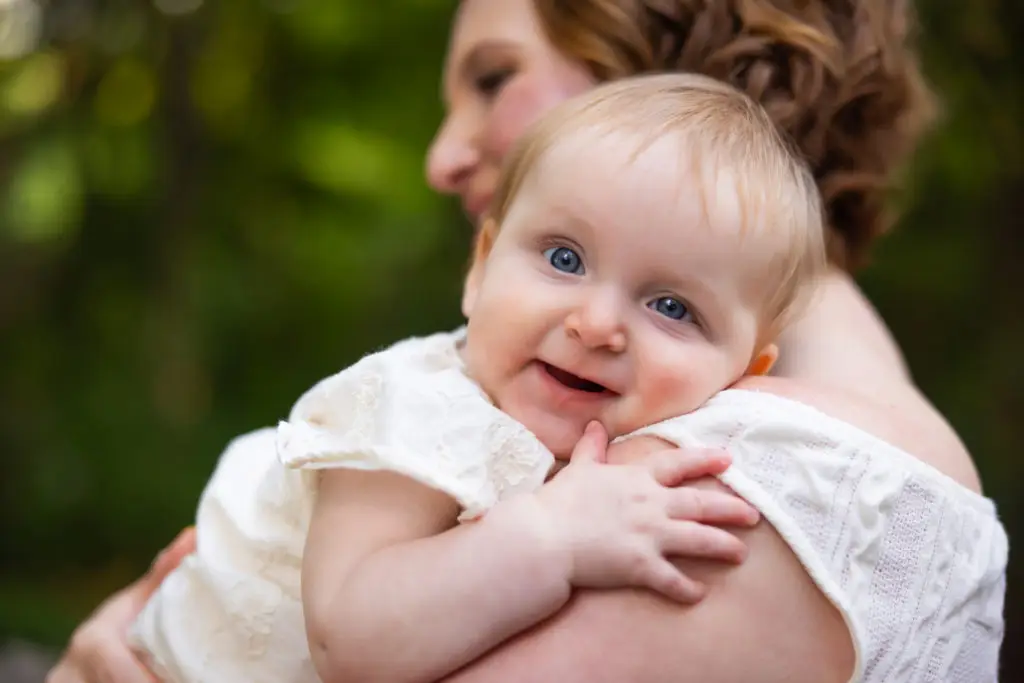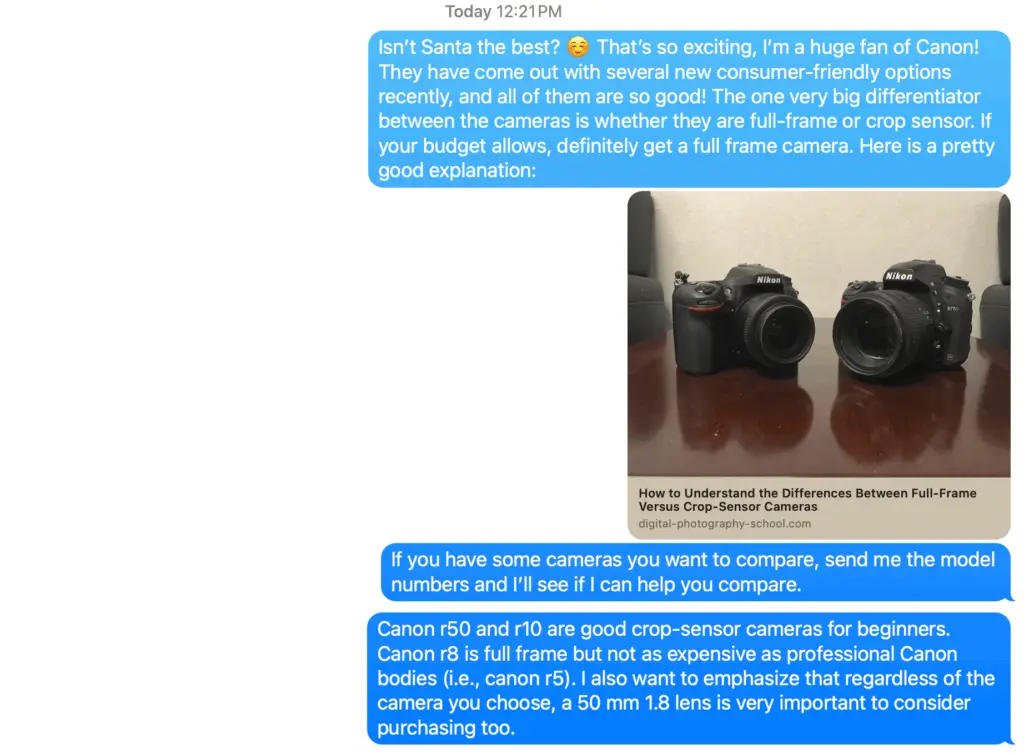Photography Classes With Missy and Personalized Gear Recommendations
I teach private lessons every week and am asked this question often:
What camera and gear should I buy as I get started?
Below are some general recommendations, but if you would like personalized recommendations and even guidance as you shop, book some classes with me! My classes are private, one-on-one photography lessons designed for beginners and hobbyists. We cover camera settings, lighting, composition, how to work with your specific gear, and how to build confidence shooting with your specific goals in mind. My approach is to narrow down all of the things your camera to do into smaller pieces, such as go-to settings, that you can actually use every time you pick up your camera.
You can view upcoming dates and book your session directly through my class calendar.
Online Booking: www.missytimko.com/education
A Practical Guide From a Working Photographer
When you’re brand new to photography, the gear should help you—never overwhelm you. As a studio photographer who focuses on natural, timeless, expressive images, I want beginners to start with something simple, reliable, and flexible enough to grow with them. The camera is a tool; the real magic comes from learning how to see light, understand composition, and practice consistently.
Below are three excellent Canon mirrorless options I recommend to my own beginner students. They’re straightforward to use, budget-friendly, and offer a clear path for growth. Please note that there are other brands like Nikon and Sony that offer outstanding cameras for beginners as well. But once you get familiar with one brand’s system, it’s not always easy to make a change in the future. I am a Canon girl and have been using Canon gear since I started learning photography in 8th grade, so that is the brand I know through and through and recommend to my students.

Recommended Canon Mirrorless Cameras for Beginners
First, an important piece of advice: Don’t invest a lot in “kit” lenses. Beginner-level cameras are almost always packaged with an 18-55 and possibly a 75-300 mm lens as a package deal that you can buy at places like Costco, Best Buy, or Amazon. The one-lens kits with an 18-55 lens (or similar) may come in handy sometimes, especially if you decide on a crop sensor camera, but I would generally not recommend getting a two-lens kit with the telephoto lens. It’s not very light-sensitive, meaning that if you plan to take photos of something far away, like your kids playing sports indoors, it will be tough to get anything worthwhile. Kit lenses are okay, but they generally are not very effective at shooting with a shallow depth of field. This means that the foreground and background will be more in focus, rather than those lovely, soft backgrounds with “bokeh” that you might be looking for. And lastly, the resale value on these lenses is extremely low because there are so many of them floating around out there and not as many people looking to buy one. Make sure to allow room in your budget to buy a prime lens (fixed focal length, no zoom), like a 50 mm 1.8 or 35 mm 1.8 lens.

Canon EOS R50
The most approachable and budget-friendly option. Lightweight, intuitive, and perfect for someone who wants to dive in without a major investment. Excellent for everyday family photos, travel, and early learning.
Canon EOS R10
A step up in build, speed, and control. Better ergonomics and more room for growth, making it ideal for someone who knows they’ll stick with photography and wants a body that can handle more advanced shooting as they progress.
Canon EOS R8
Full-frame, excellent image quality, and still relatively beginner-friendly. This is the best match for a beginner who already knows they want to take photography seriously and wants the strongest foundation possible.

Which One Should a Beginner Choose?
R50: Choose this if you want something simple, easy to learn, affordable, and lightweight. It gets out of the way so you can focus on learning the basics.
R10: Choose this if you want more control over settings, a more solid grip, better autofocus, and a camera you’re less likely to outgrow within the first couple of years.
R8: Choose this if you want full-frame image quality and know you’re committed to photography long-term. It offers the best performance but requires a higher budget for both the body and lenses.
Questions Beginners Should Consider Before Buying
- What do you want to photograph most often?
- How much weight are you comfortable carrying?
- Are you planning to print large or mostly share images online?
- Do you want manual control sooner rather than later?
- What is your total budget for camera, lenses, cards, and accessories?
- Are you someone who learns best with a simple start or a more advanced tool?
These questions help determine whether someone should stick with an entry-level option or invest in a body with more long-term flexibility.

What Beginners Actually Need
Beginners do not need extreme specs or pro-level features. They need:
- A camera that feels comfortable to hold
- Simple menus and controls
- Reliable autofocus
- A lens that performs well in everyday light
- A setup that encourages practice rather than frustration
And above all: a good lens matters more than a pro camera body. A solid 1.8 prime lens will make a bigger difference than jumping to an ultra-high-end camera.
Final Thoughts
Choosing a first camera shouldn’t be stressful. For most beginners, the Canon R50 or R10 is the perfect starting point: simple, dependable, and capable of producing beautiful photographs. If you know you want the best image quality and long-term room to grow, the Canon R8 offers a strong full-frame foundation.
Check out my website for more information on my classes, including online booking: www.missytimko.com/education

